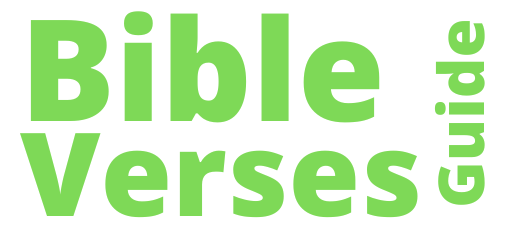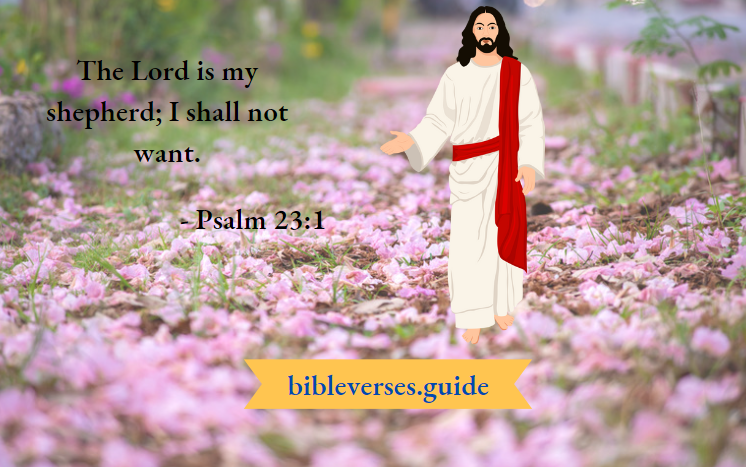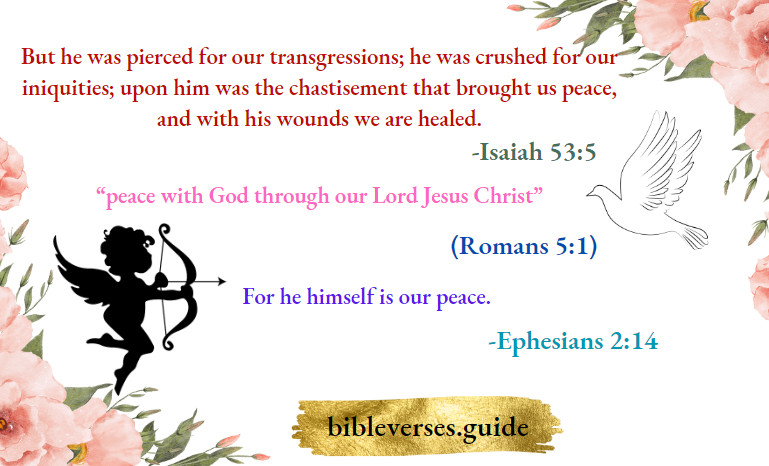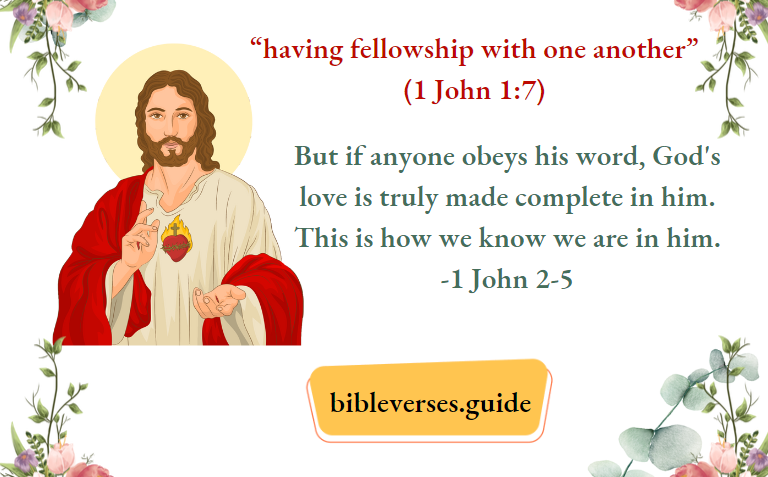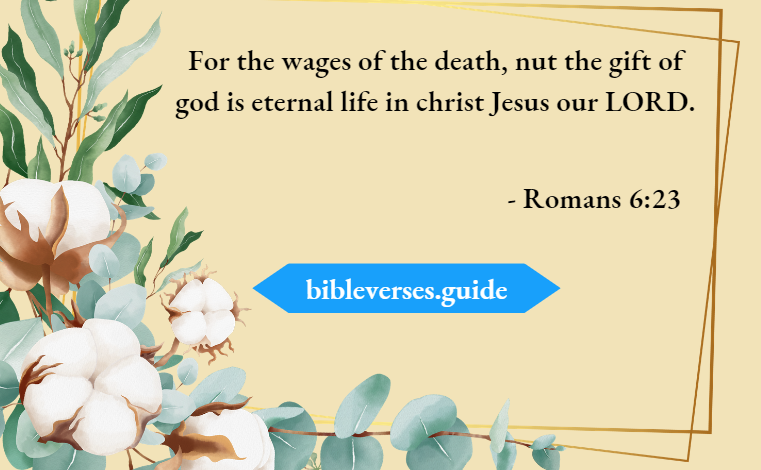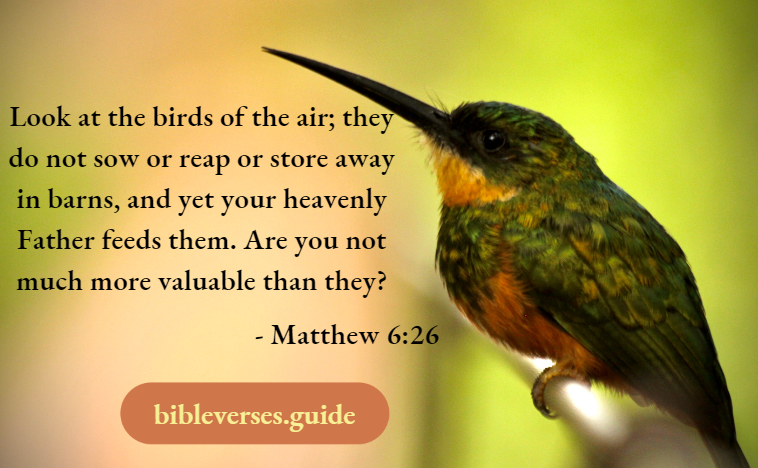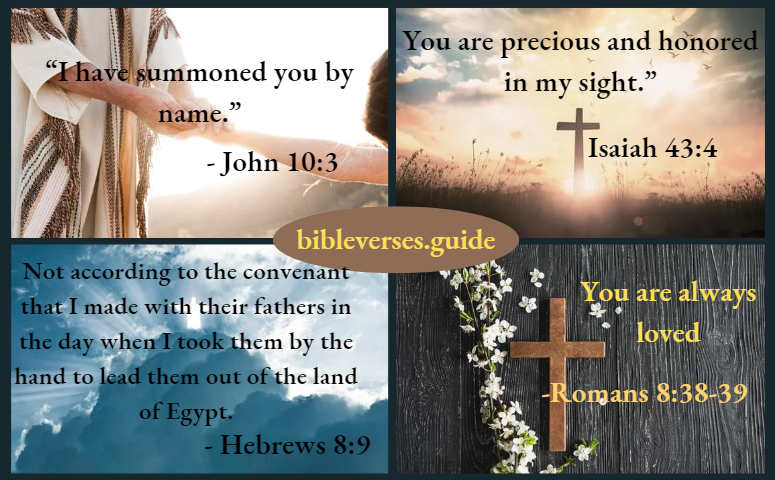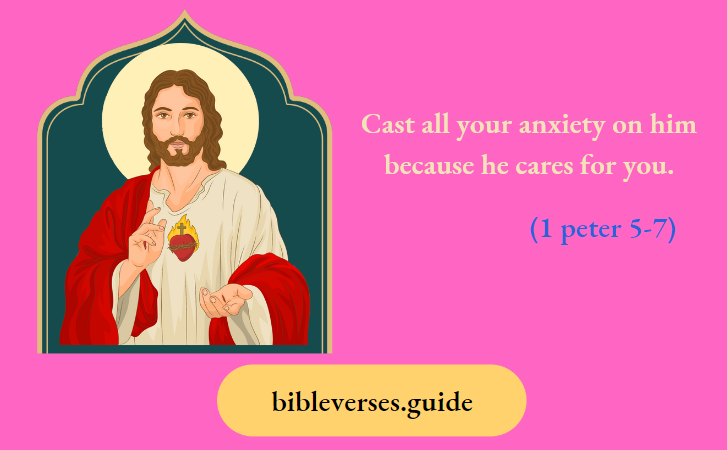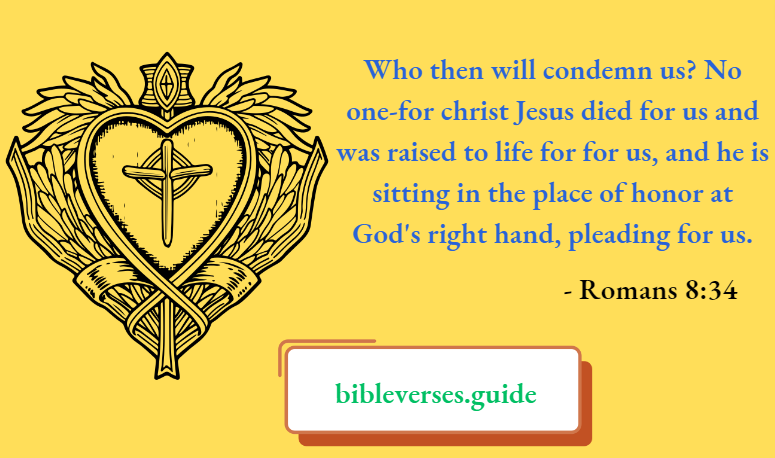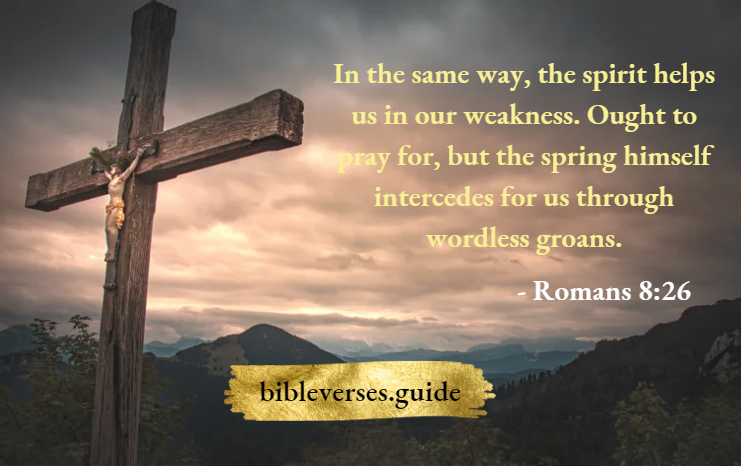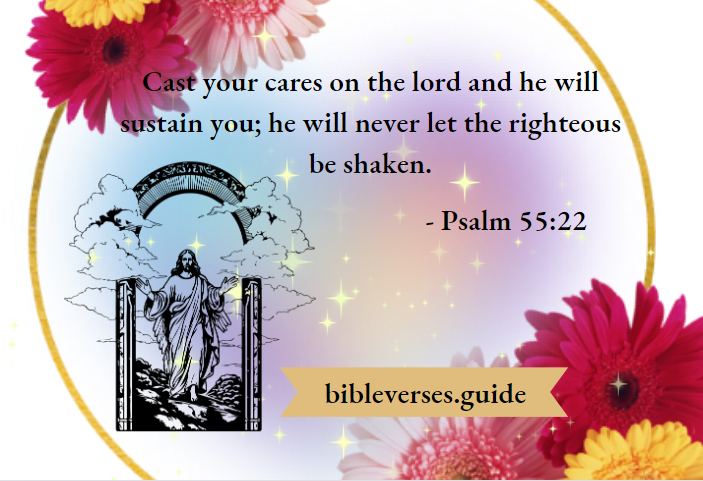Matthew 11:28 CSB Context
These comforting words from Jesus, along with verses 29 and 30, are part of a passage in Matthew’s Gospel known as the Great Invitation.
Jesus was speaking to crowds of people in Galilee, and just before this passage, he denounced “the towns where most of his miracles were done, because they did not repent” (11:20).
His strong words shifted to praising his Father in heaven and then addressing the burdens people felt trying to live by the Pharisees’ rules.
Today, we might not be weighed down by widespread legalism like in ancient days, but Christ extends his invitation to us—to come to him and find relief from the burden of sin and the pressures of life.
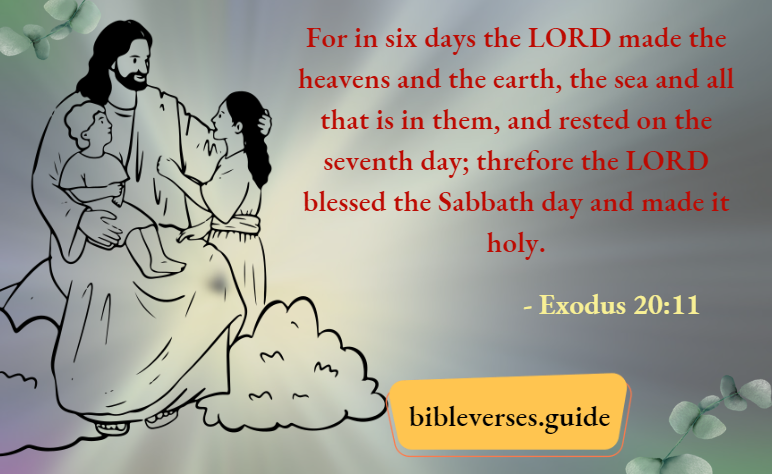
Matthew 11:28 CSB Meaning
Rather than an impersonal invitation, notice that Christ says, “Come to me.” He is not inviting you to a program or a religion. He desires a personal relationship.
He already knows everything about you, and now he invites you to believe and trust in him.
Jesus calls out to everyone who feels “weary and burdened.” For most of us, that brings to mind physical exhaustion.
And certainly, in our desire to maximize the twenty-four hours each day holds, it’s common to feel tired.
But Jesus also wants to help those of us who are tired mentally, emotionally, and spiritually—the kind of weariness that can linger no matter how much rest and sleep we try to get.
Notice too that Christ promises to give you rest. He won’t simply show or tell you how to rest. Again, he makes it personal and says, “I will give you rest.”
Matthew 11:28 CSB Application
Life is complex. It’s not always possible to pinpoint why we feel weary or under pressure. Other times, the source is clear, we just don’t know how to fix it.
That’s the beauty of Christ’s Great Invitation.
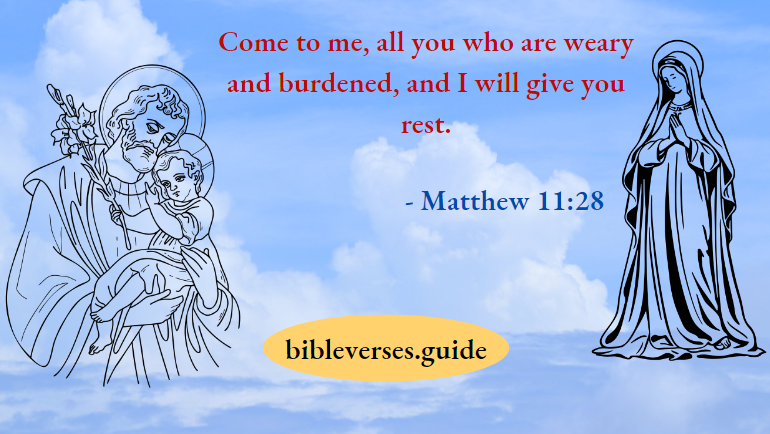
We don’t need to know what’s weighing us down; we just need to respond to his three simple yet powerful words: “Come to me. . . .”
Tells us, “The Lord made the heavens and the earth . . . then he rested on the seventh day” (CSB). So clearly, God values rest. Turn to him for the deep, lasting rest your body and soul need.
“But he said to me,‘My grace is sufficient for you, for my power is made perfect in weakness.’ Therefore I will boast all the more gladly about my weaknesses, so that Christ’s power may rest on me.”
